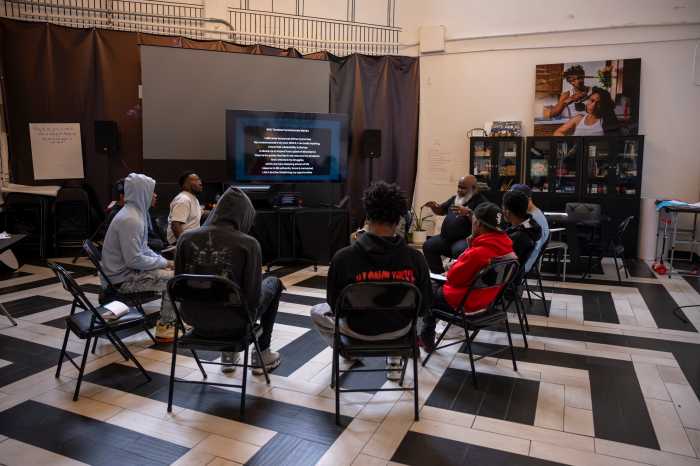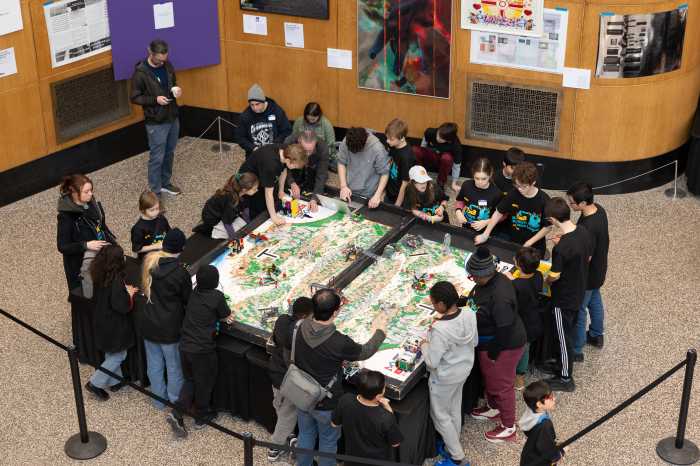Group dynamics never change. The kinds of behaviors I see on the playground always remind me of the kinds of behaviors I saw in the office or that I see now at meetings or at parties. Everyone wants to be noticed, and heard, and, most importantly, to be the best.
A friend told me once I’d be a terrible mother to girls. I’ve often thought about that when in the midst of watching friends stress and strain over the social lives of their daughters. It isn’t that boys don’t have social issues. Mothers can’t relate to boys in the same way, and that little bit of separation may give you pause before you insert yourself into the middle of things. I have no idea what I’d do, but judging from how I’ve dealt with my own social anxieties and issues, I imagine it wouldn’t be pretty.
The things I remember most about growing up that I still see now can be broken into a number of categories:
1. Ganging Up
You’re never really allowed to have an individual emotion in a group, you must get other people on your side. How can you know you’re right unless the numbers support you?
2. Gossip
Gossip is the first step toward getting people on your side. Telling people the secrets that you know about someone, or the negative things, especially if you’ve ever heard them talk badly about others, can really help turn people against the person who is resisting agreeing with you.
3. Shunning
Simply refusing to let someone play because they won’t go along with the group seems to be the most effective way to ensure that everyone is in agreement with the leader or leaders. Younger “shunners” tend to be more explicit, but adults still do plenty of shunning.
I love women. I have a variety of friends, old and new, that I value greatly. And yet I am amazed sometimes at myself and others for how we allow ourselves to fall into these patterns. They’re survivalist, I suppose, ways of being aggressive so we will ultimately beat out the competition. And certainly not everybody engages in them so overtly. But we often justify in our children actions that are ultimately not at all serving the greater good when we give rise to labels and hearsay, when we legitimize the silly complaints that young girls have with one another.
I want to scream “Get along!” from the rooftops these days to kids on the playground, to parents, to politicians on the campaign trail. I want to take the example of these ridiculous girl feuds and use them to show how petty we can all be, how short-sighted. So often, the same girls who are ganging up, gossiping, and shunning each other one moment are giggling and holding hands the next. Adults need to remember that emotions are fleeting, and that everybody can act badly sometimes, but we keep moving forward.
Women need to set the example of how to get along. We need to be our best role-model selves for our children and for other adults. We need to set aside petty grievances and jealousies. We need to be honest with each other about our feelings and not hide behind the fears of not fitting in. We need to be understanding of our differences and focus on our commonalities, for our children and for our communities.
Please.

























